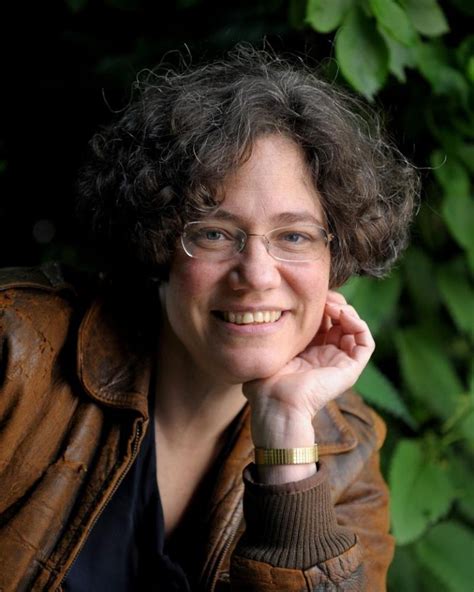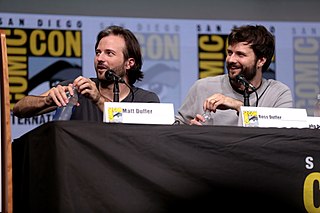A Quote by Rainbow Rowell
You look like a protagonist.
Quote Topics
Related Quotes
I really loved ["The Love Affairs of Nathaniel P" by Adelle Waldman]. It's having a really hot moment. Unlike many hot books, it's actually really wonderful. I tend to have that reaction: I don't want to read it if everyone thinks it's cool. It was a really interesting insight into being young and male. Now that made me feel really thankful for my boyfriend and really thankful because he wasn't like that protagonist, but I know so many people who are like that protagonist.
A conventional ‘success’ story is one where, with each next, the protagonist has more money, more respect, and more possessions. I’d like to suggest an alternative ‘success’ story – one where, with each next, the protagonist is closer to finding that spot where he’s no longer held back by his heart, and he explodes with talent, and his character blossoms, and the gift he has to offer the world is apparent.
Even if you make a movie about a criminal locked up in prison, you may not support him as a criminal, but you have to like him on some level. You have to love your protagonist and respect him. He will only open his heart to you when he believes that you are treating him with respect, with love. Only then will there be no more walls between the filmmaker and the protagonist.
I think it is very important that you like yourself for who you are and not want to look like anyone else. You also have to understand, many people have had cosmetic surgeries in order to look the way they look. So why look like them when you can just look like you? And there is nothing wrong with looking like you.
First person allows deeper insight into the protagonist's character. It allows the reader to identify more fully with the protagonist and to share her world quite intimately. So it suits a story focused on one character's personal journey. However, first person shuts out insights into other characters.
The first thing our Chapman screenwriting professors taught us was that all stories share one thing in common: there is a protagonist, and that protagonist has a goal that he or she has difficulty achieving. Does Luke Skywalker become Luke Skywalker if he doesn't get pulled into the Death Star, if his best friend isn't turned into carbonite?
Also, getting the chance to play a supporting part meant that I didn't have to do as much as the protagonist, such as running around telling the story. [As the protagonist] you push the story whereas, paradoxically, as a character part, you have a chance to explore some of the nuance and some of the more complicated aspects of a character.



































